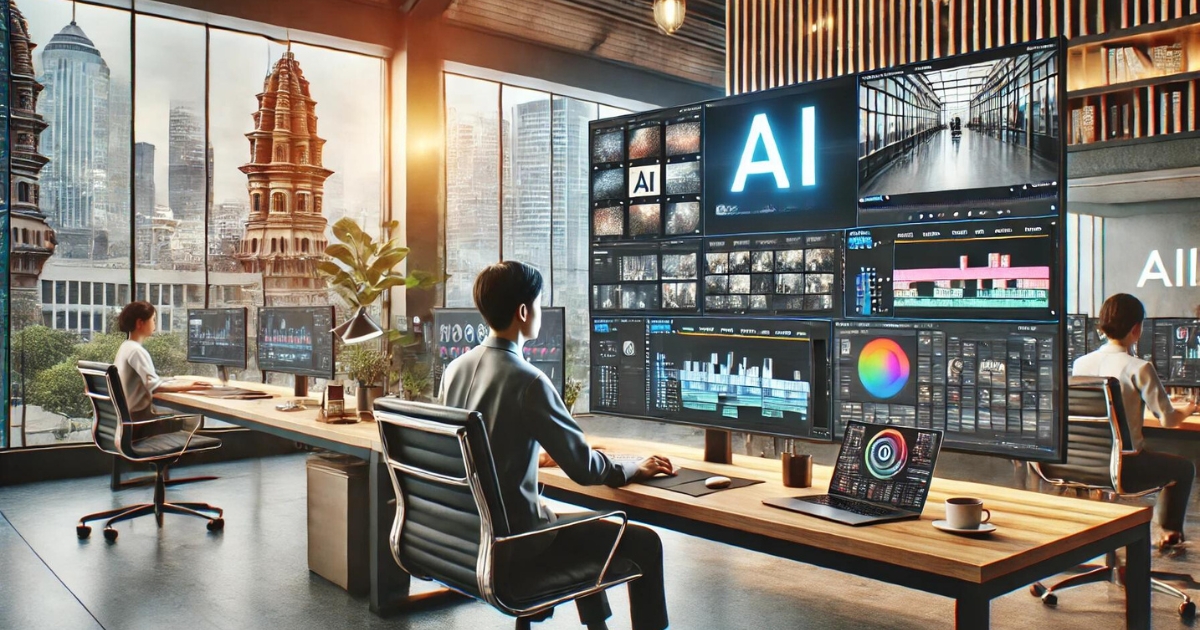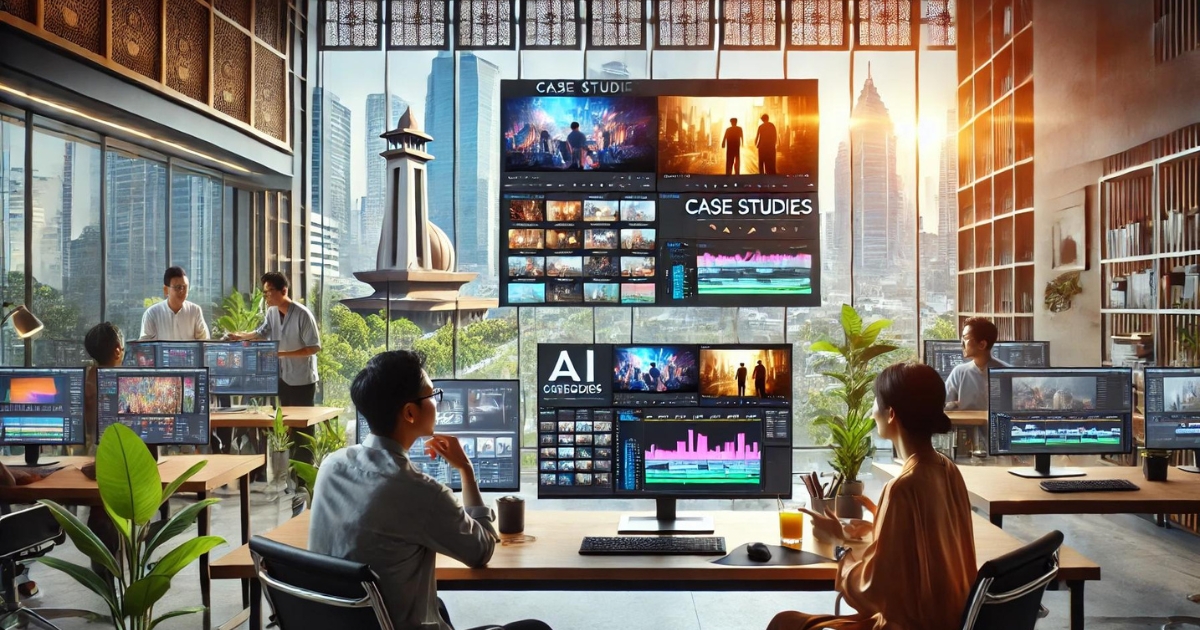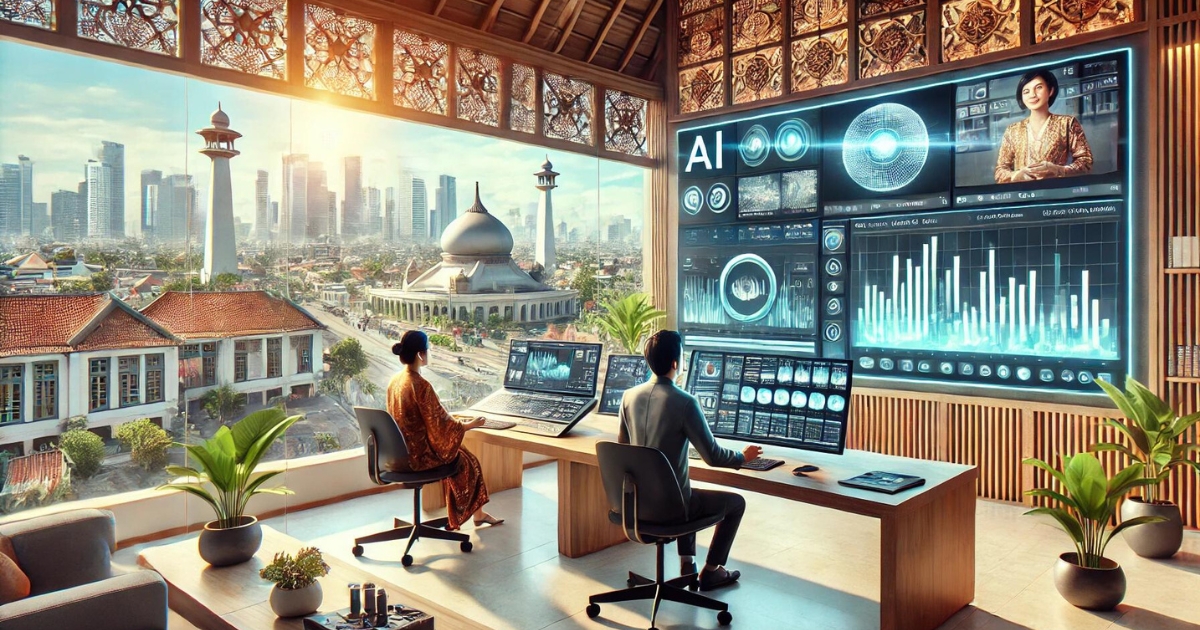The Role of AI in Modern Video Editing
Automating Time-Consuming Tasks
AI video editors have revolutionized the field by taking over tasks that used to take a lot of time. Editors can now focus on the creative parts of their work, while AI handles the repetitive jobs. This makes the whole process faster and more efficient.
Enhancing Creative Possibilities
With AI, editors can explore new creative ideas that were not possible before. AI tools can suggest different styles, effects, and transitions, giving editors more options to make their videos stand out. This opens up a world of creative possibilities.
Improving Accessibility for Novices
AI has made video editing easier for beginners. User-friendly AI tools guide new editors through the process, helping them create professional-looking videos without needing years of experience. This means more people can tell their stories through video.
Techniques Used by AI to Enhance Storytelling
Scene Detection and Analysis
AI can quickly look at a video and figure out what each part is about. This helps in cutting and arranging scenes to make the story flow better. It saves a lot of time for editors who would otherwise have to do this manually.
Emotion Recognition and Adaptation
By understanding the emotions in a scene, AI can suggest music, effects, and even changes in lighting to match the mood. This makes the story more engaging and helps the audience connect with it on a deeper level.
Automated Script Generation
AI can also help in writing scripts by analysing existing content and generating new ideas. This is especially useful for creators who need a starting point or are facing writer’s block. It opens up new possibilities for storytelling by providing fresh and innovative ideas.
Case Studies: Success Stories of AI in Video Editing
Transforming Marketing Campaigns
AI has revolutionised marketing campaigns by making video creation faster and more efficient. Companies now use AI to analyse viewer preferences and create videos that are more likely to engage their audience. This has led to higher conversion rates and more successful campaigns. By understanding what viewers want, AI helps brands connect with their audience on a deeper level.
Revolutionising Film Production
In the film industry, AI is changing the way movies are made. Directors and editors use AI tools to streamline the editing process, saving time and reducing costs. AI can also suggest creative edits that might not have been considered otherwise. This technology allows filmmakers to focus more on storytelling and less on the technical aspects of editing.
Empowering Independent Creators
Independent creators are also benefiting from AI in video editing. With limited resources, these creators can now produce high-quality videos that stand out. AI tools help them with everything from editing to adding special effects, making it easier to compete with larger studios. This democratisation of video production means that anyone with a good idea can bring their vision to life.
Future Prospects of AI in Video Storytelling
Advancements in Personalisation
AI is set to make video storytelling more personal. By analysing viewer preferences, AI can tailor content to individual tastes. This means each viewer could get a unique experience, making stories more engaging and relevant. Personalised content could become the norm, changing how we consume media.
Integration with Virtual Reality
Virtual Reality (VR) combined with AI can create immersive storytelling experiences. AI can adapt the story in real-time based on user interactions, making the narrative more dynamic. This blend of technologies promises to take storytelling to new heights, offering viewers a chance to be part of the story.
Ethical Considerations and Challenges
As AI continues to evolve, ethical questions arise. Issues like data privacy and the potential for biassed algorithms need careful consideration. It’s crucial to address these challenges to ensure AI is used responsibly in video storytelling. Balancing innovation with ethical practises will be key to the future of AI in this field.
Conclusion
In summary, AI video editors are changing the way we tell stories. They make it easier to create videos that are interesting and fun to watch. With AI, even people who are not experts can make great videos. This technology helps us share our stories in new and exciting ways. As AI continues to improve, we can expect even more amazing tools to help us tell our stories. So, whether you’re making a video for school, work, or just for fun, AI video editors can help you make it better.






